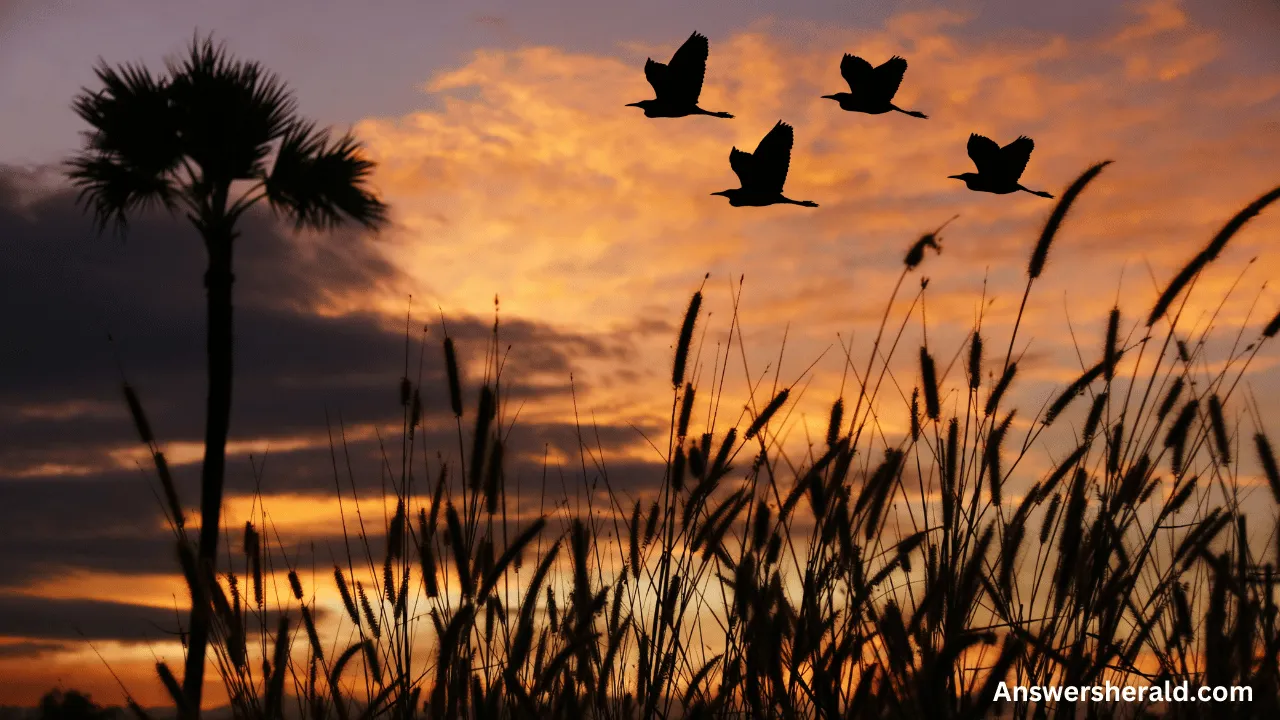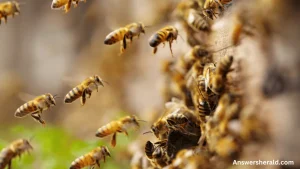In the stillness of the night, when the hustle and bustle of the day have settled, an enchanting melody fills the air—the chirping of nighttime birds. It’s a sound that captivates nature enthusiasts, spiritual seekers, and bird lovers alike, offering a moment of serene beauty that transcends the ordinary.
This blog post ventures into the fascinating world of nocturnal bird songs, exploring their biological roots, cultural significances, and the profound effect they can have on our lives.
Contents
- 1 The Science Behind It
- 2 Spiritual and Cultural Significance
- 3 Personal Reflections
- 4 Conservation and Ethical Considerations
- 5 Practical Tips
- 6 Conclusion
- 7 FAQs:
- 7.1 1. Why do birds chirp at night?
- 7.2 2. Can listening to nighttime bird chirps have a positive effect on my mental health?
- 7.3 3. How can I ethically listen to and enjoy nighttime bird songs?
- 7.4 4. What are some common birds that chirp at night?
- 7.5 5. Where is the best place to listen to nighttime bird chirps?
The Science Behind It
The nighttime symphonies we’re so fond of are not without purpose. Biologically, many bird species chirp at night for reasons such as mating calls, claiming territory, or simply as a mechanism of communication.
For instance, the nightingale, renowned for its melodious tunes, sings at night to attract mates and ward off competitors, turning the silent nocturnal hours into a stage for its auditory display.
Spiritual and Cultural Significance
Across cultures and spiritual traditions, nighttime bird chirps hold various symbolic meanings and interpretations. In some beliefs, these sounds are considered messages from the divine or the spiritual world, acting as omens of change, symbols of hope, or carriers of important messages.
For example, many Native American tribes regard owl hoots in the night as bearers of wisdom, prophecy, or even as warnings.
Personal Reflections
The mysterious allure of nighttime bird songs has touched many hearts, often in deeply personal and spiritual ways.
Individuals recount experiences where these chirps have brought comfort during times of sorrow, acted as guides during moments of uncertainty, or simply served as reminders of the world’s beauty and the connectivity of all living things.
Also read: Unlocking Spiritual Meanings of Floating Dreams

Conservation and Ethical Considerations
With the magic of nighttime bird songs comes a responsibility—conservation. The decreasing bird populations due to habitat loss and climate change remind us of the importance of protecting these creatures and their natural environments.
By engaging in responsible birdwatching, supporting conservation efforts, and spreading awareness, we can help ensure that future generations will continue to enjoy the spiritual serenades of nighttime birds.
Practical Tips
For those eager to experience the enchantment of nighttime bird chirps firsthand, consider visiting natural reserves or parks during migration seasons, as this is when many birds are most vocal.
Equip yourself with patience, silence, and maybe a pair of binoculars or a good audio recorder. Remember, the goal is to listen and immerse in the experience without disturbing the natural habits of the birds.
Conclusion
The chirps of nighttime birds offer a bridge to the divine, a moment of connection to the ethereal. Their songs remind us of nature’s wonders, the spiritual mysteries of the night, and our role in conserving the intricate web of life that surrounds us.
We invite you, our readers, to share your experiences, thoughts, and perhaps even your own spiritual encounters with the music of the night. What whispers have you heard in the dark?
FAQs:
1. Why do birds chirp at night?
Birds chirp at night for various biological reasons, including mating calls, establishing territory, and communication among species.
2. Can listening to nighttime bird chirps have a positive effect on my mental health?
Yes, many people find listening to nighttime bird chirps calming and therapeutic, providing a natural respite from the stresses of daily life.
3. How can I ethically listen to and enjoy nighttime bird songs?
To ethically enjoy nighttime bird songs, avoid disturbing the birds with loud noises or bright lights, stay on designated paths when in natural habitats, and engage in conservation efforts to protect bird populations.
4. What are some common birds that chirp at night?
Common birds that chirp at night include nightingales, owls, mockingbirds, and some species of thrushes.
5. Where is the best place to listen to nighttime bird chirps?
The best places to listen to nighttime bird chirps are in natural settings away from city noise, such as parks, reserves, and rural areas, especially during spring and summer months when birds are most vocal.








